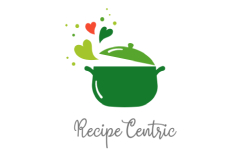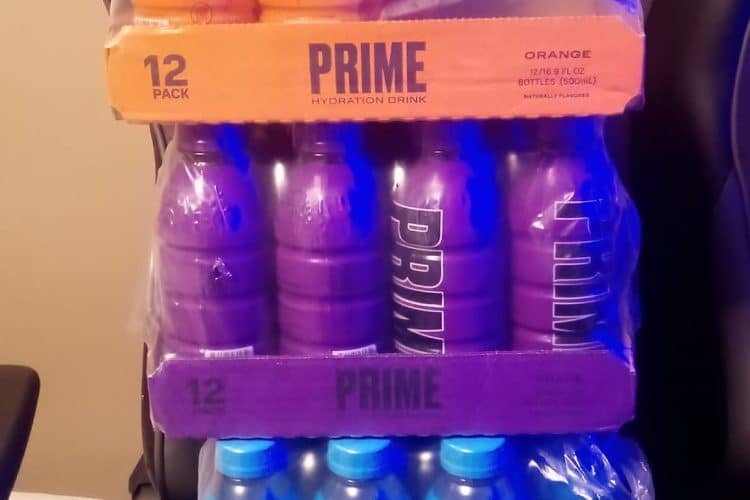Prime Drink claims to be halal on its website, despite lacking formal certification. One of their founders also claimed the drink Halal on Twitter. The ingredients of the drink also appear to be halal.
When it comes to consuming food and beverages, adhering to specific dietary guidelines is of utmost importance to many individuals. For Muslims, the concept of halal holds significant significance, outlining what is permissible and lawful to consume.
Prime Drink, a beverage brand, has been making waves by asserting its halal status on its website, even though it lacks formal halal certification.
In this blog post, we aim to delve into the authenticity of Prime Drink’s halal claims, examining the ingredients, statements from the company’s founders, and the implications of uncertified halal products.
Prime Drink’s Claim of Halal Status
Halal certification serves as a tangible validation for consumers seeking halal-compliant products. These certifications instill trust and confidence in consumers and help businesses expand their reach to the Muslim market.
Prime Drink proudly proclaims its halal status on its website, despite the absence of formal halal certification.

In addition to the website’s claim, Prime Drink’s founder KSI has also confirmed the beverage’s halal status.

While this personal affirmation carries weight, it is essential to evaluate the founder’s expertise in halal compliance and their understanding of Islamic dietary guidelines.
To assess Prime Drink’s halal claim, let’s examine the ingredients disclosed on their website or product labels. By cross-referencing these ingredients with commonly known non-halal substances, we can gain insights into the product’s compliance with halal standards.
Analysis of Prime Drink’s Ingredients
To gain insights into the halal compliance of Prime Drink, let’s examine the ingredients it contains and understand their uses. It is essential to evaluate each ingredient individually and consider its implications in the context of halal guidelines. Let’s take a closer look:
Filtered Water
Filtered water serves as the base ingredient in Prime Drink, providing hydration and serving as a carrier for other components. This ingredient is universally recognized as permissible and does not raise any concerns regarding halal compliance.
Coconut Water from Concentrate
Coconut water, derived from concentrated sources, is a popular natural beverage known for its hydrating properties and nutritional benefits. It is generally considered halal, as it is obtained from a permissible source.
Citric Acid
Citric acid is a common food additive used as a flavor enhancer, preservative, and acidifying agent in various beverages and foods. As it is typically derived from natural sources such as citrus fruits, it also should be halal-compliant.
Dipotassium Phosphate
Dipotassium phosphate is a food additive often used as an acidity regulator and stabilizer. It is generally derived from potassium salts and does not raise any concerns regarding halal compliance.
Tri Magnesium Citrate
Tri magnesium citrate is a compound that combines magnesium with citric acid. It is commonly used as a magnesium supplement. As long as the magnesium and citric acid sources are halal compliant, tri magnesium citrate can be considered halal.
Natural Flavor
The term “natural flavor” refers to flavors derived from natural sources such as fruits, vegetables, or spices. While the specific origin of natural flavors may not be disclosed, they are generally considered halal unless derived from non-halal sources.
Sucralose
Sucralose is an artificial sweetener used as a sugar substitute in many food and beverage products. From a halal perspective, artificial sweeteners like sucralose are generally permissible unless derived from non-halal sources.
Beta Carotene for Color
Beta carotene is a pigment found in various fruits and vegetables, contributing to their vibrant colors. It is commonly used as a natural colorant. As long as the beta carotene is derived from permissible sources, it is considered halal.
Amino Acids (L-Isoleucine, L-Leucine, L-Valine)
Amino acids, including L-isoleucine, L-leucine, and L-valine, are essential building blocks of proteins. These amino acids can be derived from plant or animal sources. To ensure halal compliance, it is crucial to verify the source of these amino acids.
Also Read: Is Sorbitol Halal? Truth Revealed
Vitamins
The inclusion of vitamins in Prime Drink, such as vitamin E (D-alpha tocopheryl acetate), vitamin A (retinyl palmitate), zinc aspartate, vitamin B-6 (pyridoxine hydrochloride), and vitamin B-12 (cyanocobalamin), is aimed at enhancing the nutritional profile of the product. Vitamins can be derived from various sources, and their halal compliance depends on the source of origin.
In assessing the ingredients of Prime Drink, it is important to note that while most ingredients appear to be halal compliant, the specific sources of certain components, such as amino acids and vitamins, remain undisclosed.
To ensure complete confidence in halal compliance, Prime Drink should obtain formal halal certification, providing transparent information about the sourcing of all ingredients
Conclusion
As we conclude our exploration into the halal claims made by Prime Drink, it is evident that while the brand does not possess a formal halal certification, it emphasizes its compliance with Islamic dietary guidelines on its website.
The absence of non-halal ingredients in their formulation, coupled with the founder’s confirmation, provides some assurance to consumers. Now it’s up to you whether you will take the plunge and try it or not!







